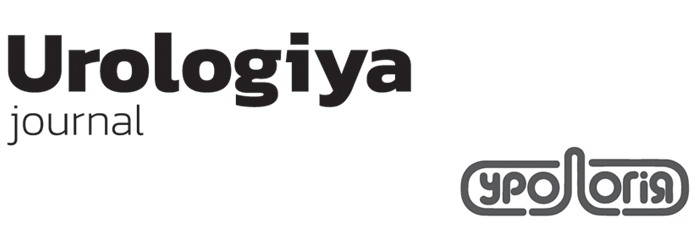A.D. Volkogon
Investigation the role of long non-coding RNA HOTAIR genetic polymorphism in prostate adenocarcinoma development
To date, considerable attention to the role of long non-coding RNA HOTAIR (HOX antisense intergenic RNA) in prostate tumors emergence has been paid. At the same time, there are no studies about HOTAIR genetic polymorphisms association with prostate adenocarcinoma (PAC) onset in Ukrainian population.
The aim of current study was to investigate the role of long non-coding RNA HOTAIR gene rs1899663-polymorphism in PAC development in Ukrainian population. Venous blood of PAC 184 patients and 66 male inividuals without cancer history was used. Genotyping of HOTAIR gene rs1899663-site was performed by polymerase chain reaction followed by restriction fragment length polymorphisms (PCR-RFLP) method. Mathematical analysis of obtained data was performed using SPSS 17.0. P values < 0.05 were considered as statistically significant.
In general group, the association between HOTAIR rs1899663-site and PAC risk was not detected under any model of inheritance, both before and after adjustment for BMI and smoking habit (P > 0.05). However, under the dominant model of inheritance it was found that minor T-allele significantly reduced the risk of PAC (OR = 0.388; 95% CI = 0.170-0.884; P = 0.024) in patients with BMI і 25 kg/m2.
Thus, in Ukrainian population the single nucleotide polymorphism rs1899663 of long non-coding HOTAIR RNA gene is associated with PAC development in overweight individuals. Thus, in patients with BMI і 25 kg/m2 who are minor allele rs1899663-T carriers, the risk of PAC development is lower compared to main allele rs1899663-G homozygotes.

